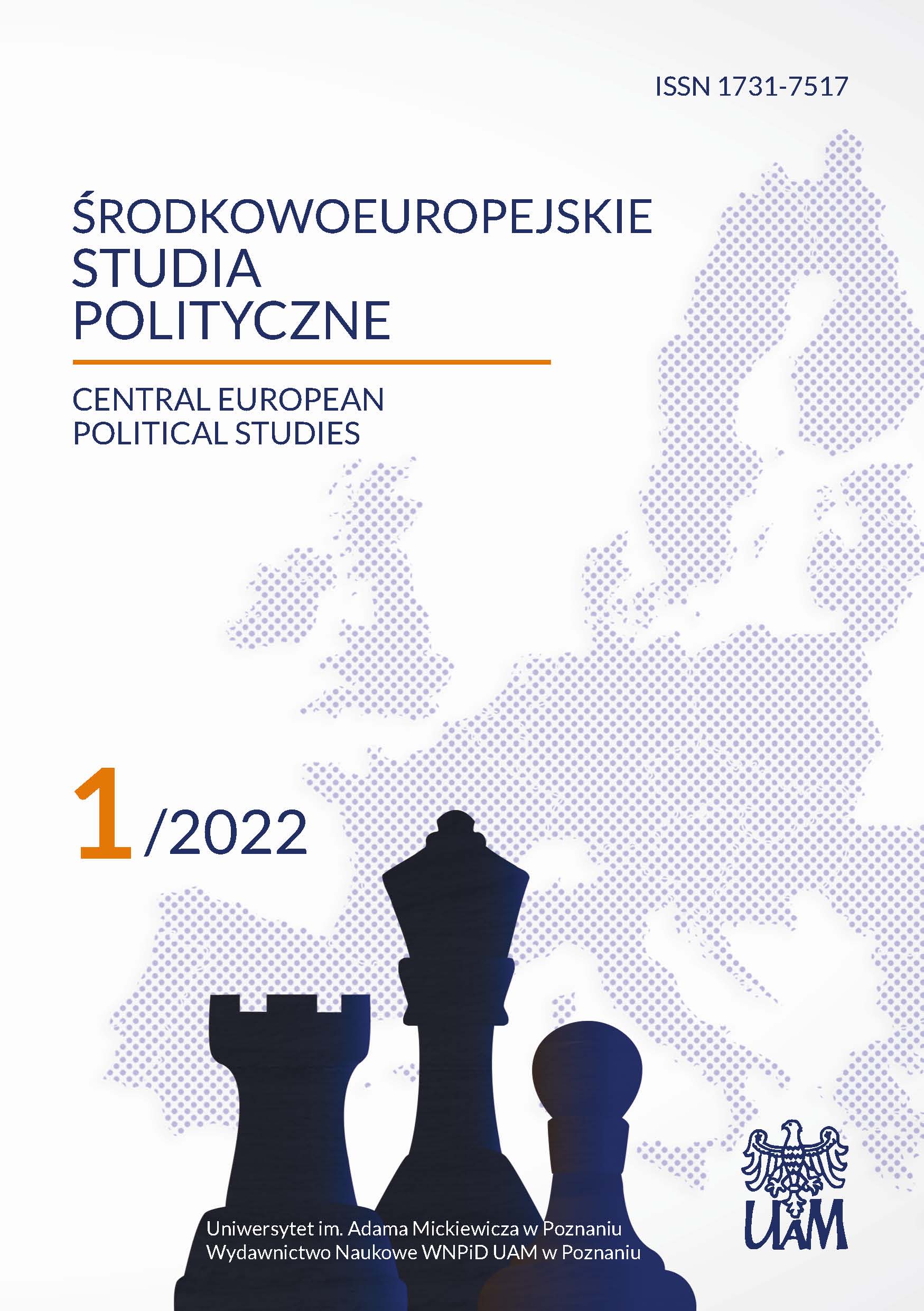Political Institution Building in Post-Communist Romania
Post-komunistyczny i polityczny rozwój instytucjonalny w Rumunii
Author(s): Mukesh Shankar BhartiSubject(s): Politics / Political Sciences
Published by: Uniwersytet Adama Mickiewicza
Keywords: Post-Communist; Institution Building; Romania; Political Transition; Democratisation; Parliament; Government
Summary/Abstract: The political development of Romania started after the death of Nicole Ceausescu in 1989. The article describes and analyses institutional and behavioural dynamics of the political processes that have occurred in Romania since 1989. This article focuses on the constitutional framework of governing institutions. This paper tries to explore the understanding of theoretical approaches to political and institutional development in the country. It examines the evolution of legislative, executive, and judiciary bodies. These are the three pillars of democracy. The article discusses how political parties participating in elections, form a government and will look at the stability of the institutions. This article examines institutional foundations of the coalition government in the 1990–2020 post-communist democracy period in Romania. The article starts with the institutional framework premise that electoral systems and constitutional provisions on the division of powers, structure, and the relationship between parliament and the president determines the point at which political power can be dispersed or concentrated in the political system.
Journal: Środkowoeuropejskie Studia Polityczne
- Issue Year: 2022
- Issue No: 1
- Page Range: 73-97
- Page Count: 26
- Language: English

